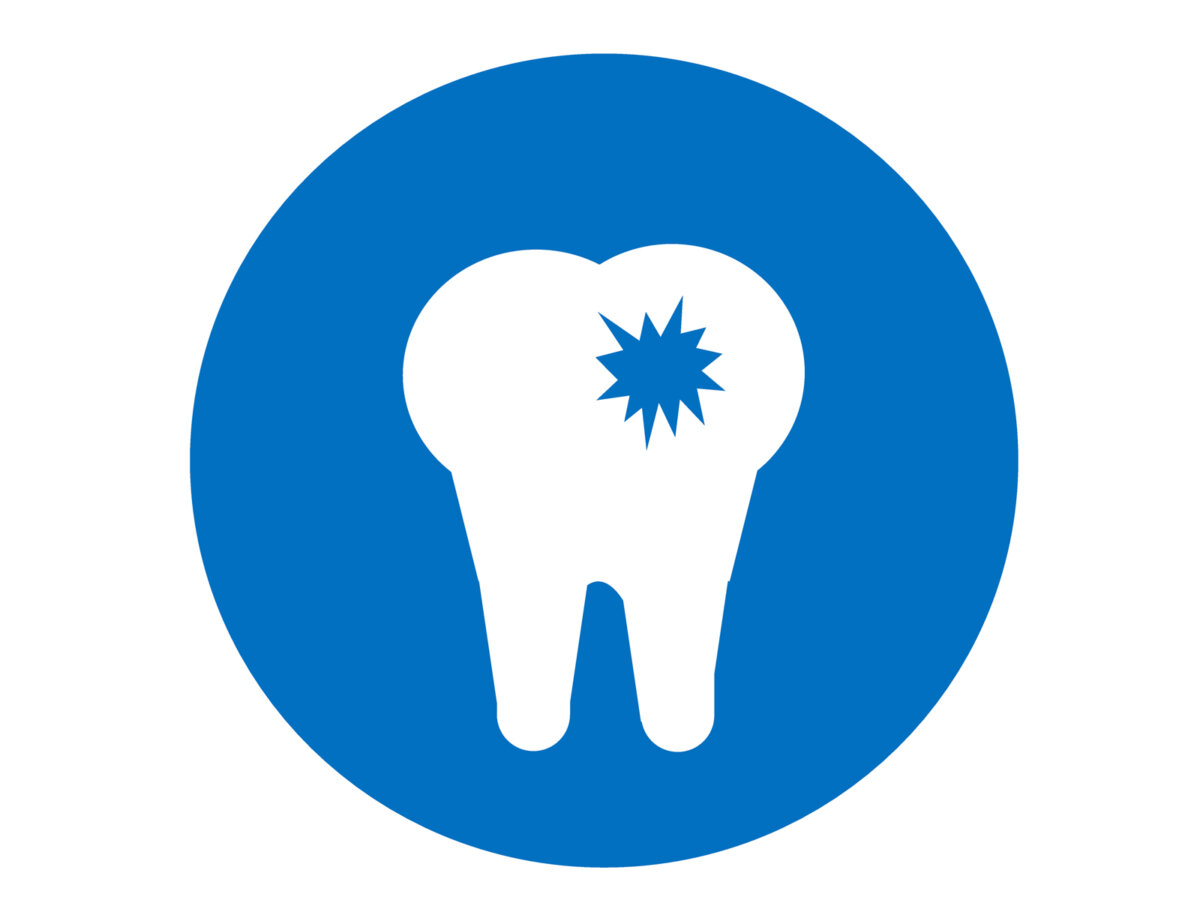Blog
Dental hygiene tips for healthy teeth & gums

Ways to Keep Cavities Away
Cavities are tiny holes in the tooth enamel that slowly grows over time. Cavities develop when acid dissolves the protective layer of enamel on the tooth’s surface. A cavity that has eaten away at the enamel slowly erodes the rest of the tooth. When you feel pain in your tooth, the cavity hits the blood vessels and nerves in the tooth.
Getting your cavity filled at the dentist is the best thing for you when you have one. But if you can’t get to the dentist right away, you can take preventive steps to stop it from getting complicated.
Tips to prevent cavities
Maintain a healthy mouth, teeth, and gums for a lifetime by using the following cavity prevention tips.
- Brush regularly: Two minutes of brushing with fluoride toothpaste, at least twice daily, is recommended. Improve your oral hygiene by brushing after eating and snacking. You should at least rinse your mouth with water if you are unable to brush.
- Use mouthwash: Fluoride mouthwash can prevent tooth decay, so use it twice daily after brushing.
- Schedule regular dental checkups: The dentist should clean your teeth professionally and examine your mouth at least once a year. Your family dentist may suggest more frequent visits if you are prone to dental issues.
- Sealants for teeth: Find out if sealants can be applied. Using these can prevent food from becoming trapped in grooves and nooks. Dental issues such as tooth decay can be prevented by using this method. A good dental hygiene routine can prolong the lifespan of sealants.
- Drink some regular water: Fluoride is added to most cities’ drinking water supplies, making it a worthwhile treatment for preventing tooth decay. Aside from remineralizing teeth, drinking water helps flush away bacteria by promoting saliva production. Drinking bottled water exclusively may not protect your teeth, so mix in some tap water.
- Eat tooth-friendly foods: Some foods may surprise you, but they are good for your teeth. Fresh fruits, vegetables, unsweetened coffee, tea, and sugar-free gum are foods that protect your teeth. Similarly, certain foods may help protect your pearly whites, as a heart-healthy diet does. The foods listed above are all great for your smile for specific reasons.
- Consult your dentist: A dental expert can help you achieve a forever-beautiful, award-winning smile if you are unsure about all the options available to prevent bacteria from attacking your teeth.
Cavities: What Causes Them?
A tooth’s enamel loses minerals when it is frequently exposed to acids. For example, if you consume starchy foods and drinks often. The area in which minerals have been lost may look white. Early decay is evident here.
Plaque forms when bacteria adhere together. Plaque dissolves crystals of minerals from your enamel (demineralization), a protective layer of calcium and phosphate that coats your teeth. Enamel is eroded by this process, leaving small holes. Whenever damage to the enamel is spread into the dentin layer beneath the enamel, it creates a cavity. The dentist has to fill a cavity after it has caused permanent damage.
If you think you might have a cavity, it’s important to get it diagnosed before it gets any worse.
Book your appointment now and get your dental issues resolved!


